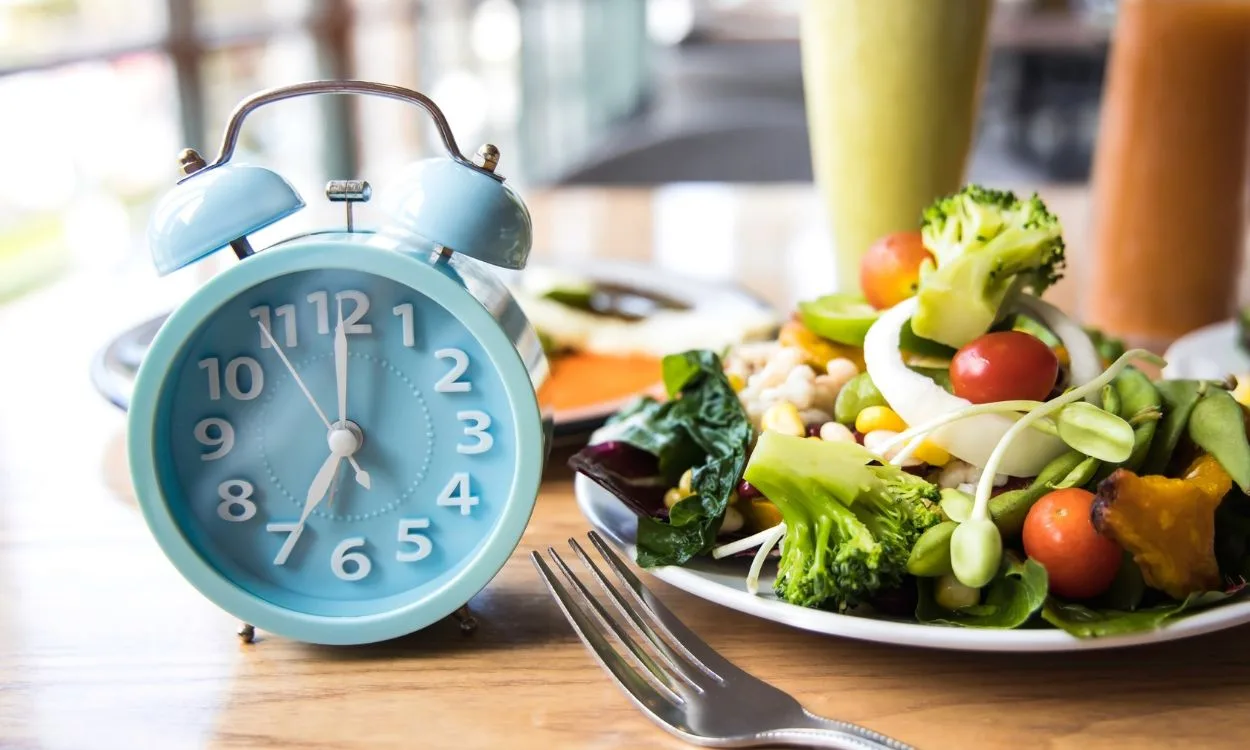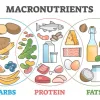Can intermittent fasting be compatible with an athletic lifestyle?
In recent years, intermittent fasting has gained popularity as an effective approach for weight loss and overall health improvement. However, many athletes wonder if intermittent fasting can be compatible with their active lifestyle. Let’s explore this topic in detail.
What is intermittent fasting?
Intermittent fasting is an eating pattern that involves alternating periods of fasting and eating. There are several different methods of intermittent fasting, but the most common ones include:
- 16/8 method: This involves fasting for 16 hours a day and restricting your eating window to 8 hours.
- 5:2 method: This involves eating normally for 5 days a week and significantly reducing calorie intake (usually around 500-600 calories) on the remaining 2 days.
- Alternate day fasting: This involves fasting every other day, where you restrict calorie intake to either zero or a very low amount.
Benefits of intermittent fasting
Intermittent fasting has been shown to have several health benefits, including:
- Weight loss: By restricting calorie intake during fasting periods, intermittent fasting can lead to weight loss by creating a calorie deficit.
- Improved insulin sensitivity: Intermittent fasting has been shown to improve insulin sensitivity, which can help regulate blood sugar levels and reduce the risk of type 2 diabetes.
- Reduced inflammation: Fasting has been found to reduce markers of inflammation in the body, which can contribute to better overall health.
- Enhanced cellular repair: During fasting periods, the body initiates cellular repair processes such as autophagy, which can have anti-aging effects and promote cellular health.
Intermittent fasting and athletic performance
Now, let’s address the main question: Can intermittent fasting be compatible with an athletic lifestyle? The answer is yes, but it requires careful planning and consideration of individual needs.
- Fueling workouts: Athletes require adequate energy and nutrients to support their physical activity. It’s important to ensure that the eating window of intermittent fasting allows for proper fueling before and after workouts. Timing meals strategically can help optimize performance and recovery.
- Protein intake: Protein is crucial for muscle repair and growth. Athletes should ensure they consume sufficient protein during their eating window to meet their needs. Lean protein sources such as chicken, fish, tofu, and lentils can be incorporated into meals.
- Hydration: Staying well-hydrated is essential for athletes, especially during training sessions. Athletes should prioritize drinking water and other hydrating fluids during both fasting and eating periods.
- Individual considerations: Every athlete is unique, and what works for one person may not work for another. It’s important to listen to your body and consult with a healthcare professional or sports nutritionist before adopting intermittent fasting as an athlete.
Fitpaa: Achieving your athletic goals
While intermittent fasting can be compatible with an athletic lifestyle, it’s essential to have the right tools and guidance to ensure success. Fitpaa, an AI-driven health and fitness app, can provide personalized support and guidance to help you achieve your athletic goals.
Fitpaa’s Metabolism Assessment can help identify the root cause of your health condition and optimize your metabolism. The Fitpaa Capsule, a combination of medical therapy, exercise therapy, nutrition therapy, and cognitive behavior therapy, is designed to help you achieve your health and fitness goals with a 100 percent guarantee. The Fitpaa app provides real-time guidance, workout tracking, progress tracking, and access to a team of fitness planners, nutritionists, trainers, and doctors to support your journey.
To experience the benefits of Fitpaa and achieve your athletic goals, download the Fitpaa app today and start your journey towards a fit and healthy lifestyle.
Remember, intermittent fasting can be compatible with an athletic lifestyle, but it’s important to prioritize your nutrition and overall well-being. With the right approach and support from Fitpaa, you can optimize your athletic performance and achieve your fitness goals with ease.









